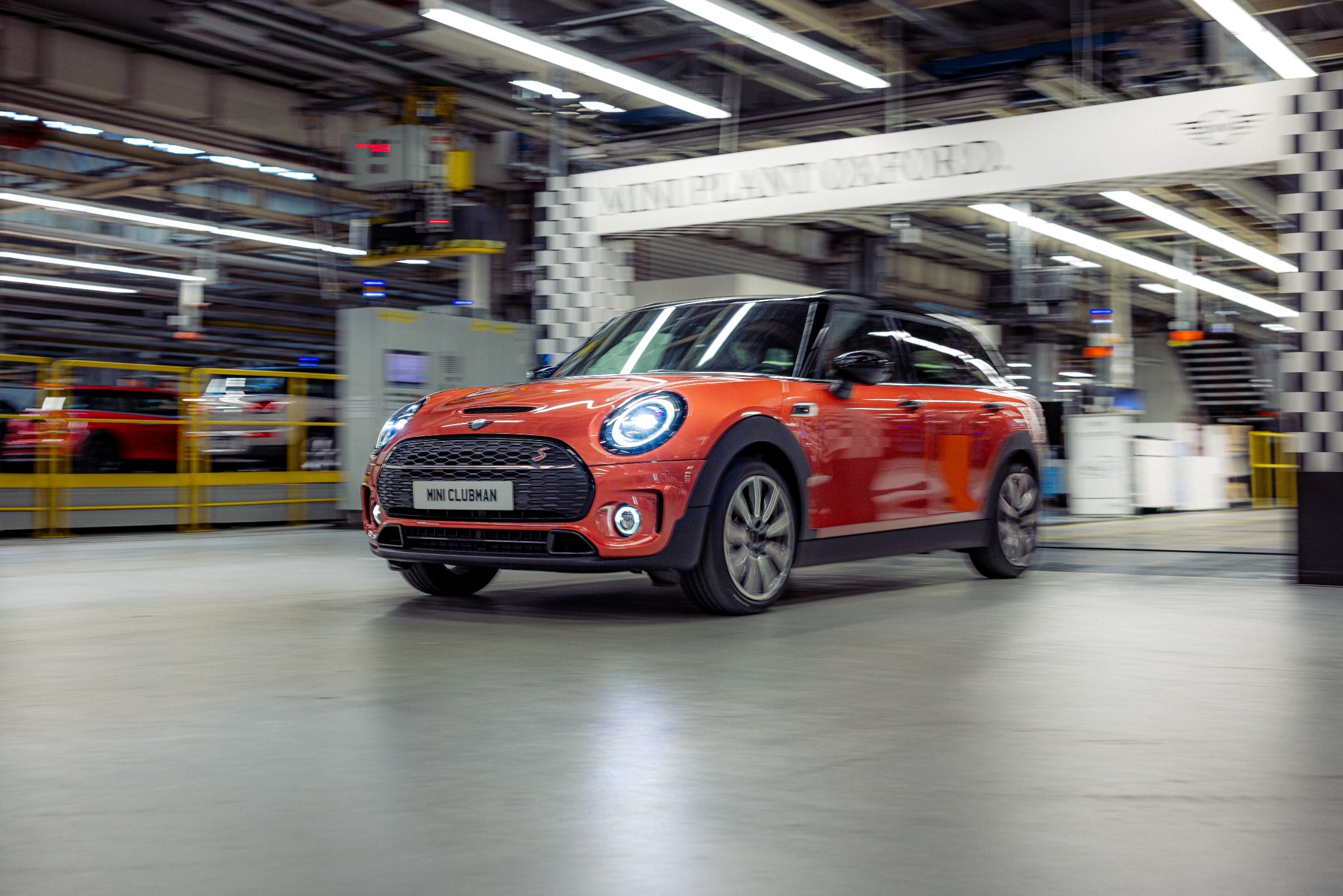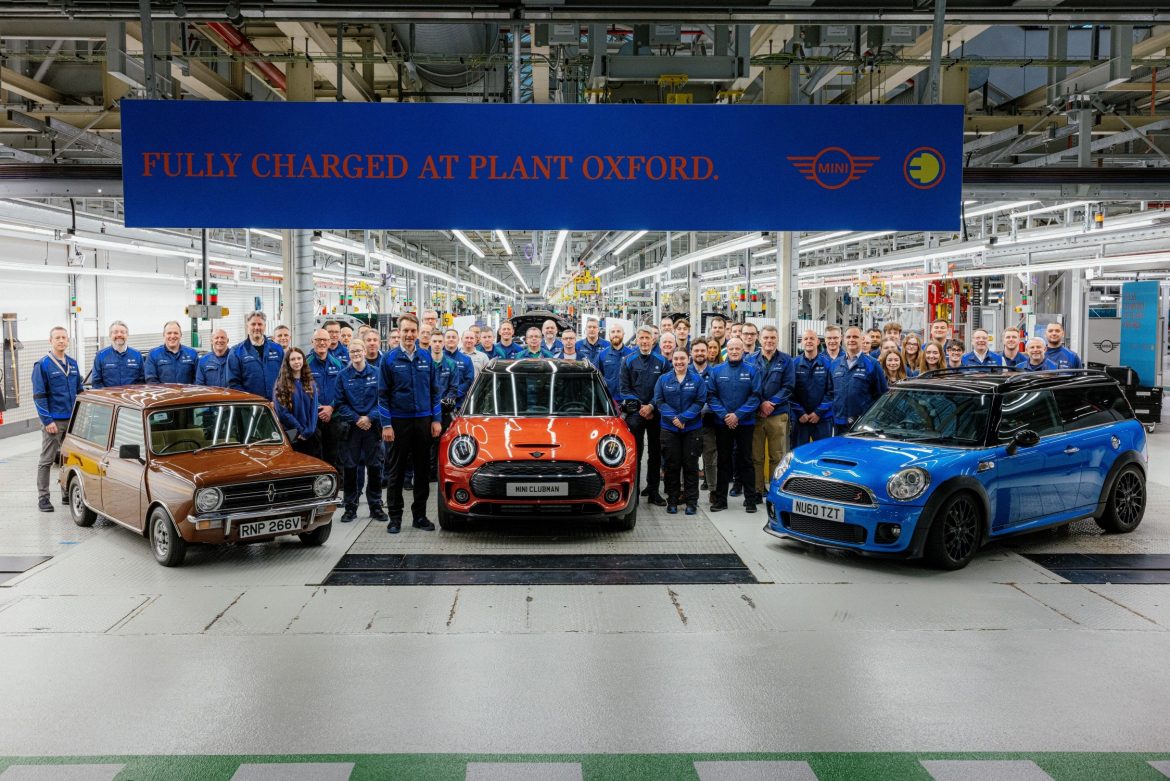The Mini Clubman has reached the end of its production line, marking the closure of an era for the automaker’s lineup. The final unit rolled off the assembly line at the Oxford, United Kingdom plant as Mini shifts its focus towards an electrified future.
Introduced in April last year, the Clubman Final Edition signalled the impending departure of the model, with Mini officially confirming in September that there were no plans for a next-generation of the Clubman. This decision aligns with the company’s strategic efforts to realign its portfolio for upcoming market demands. As part of this restructuring, the Countryman emerges as the de facto successor to the Clubman, owing to its sustained popularity among consumers. Additionally, the introduction of the new Aceman will complement the lineup, positioning it below the Countryman.
Stefanie Wurst, the head of the Mini brand, pointed out the substantial sales gap between the Countryman and Clubman models, deciding to retain the former as a logical one. The modern iteration of the Mini Clubman, which debuted in 2007, served as a successor to its original counterpart produced from the late 1960s to the early 1980s.

Throughout its production lifespan, the Clubman platform facilitated the creation of derivative models, such as the Mini Clubvan in 2013. Notably, it also marked the brand’s foray into all-wheel-drive vehicles with the introduction of the Clubman All-4 variant in 2016. Since its inception in 2007, Mini has manufactured over 1.1 million Clubmans, reflecting its significance within the brand’s lineup.
While bidding farewell to the Clubman, Mini commemorated its legacy with the Final Edition, limited to just 1,969 units globally. Characterised by its distinctive Shimmer Copper trim and accents, the Final Edition featured a standard turbocharged 2.0-litre four-cylinder engine, delivering 190PS of power and 280Nm of torque.
With the conclusion of Clubman production, Mini turns the chapter to electrification, which boasts of models like the all-electric Mini Cooper and Countryman. However, the British carmaker continues to offer gas-powered variants in its popular models while retaining the renowned go-kart-like handling characteristics.



